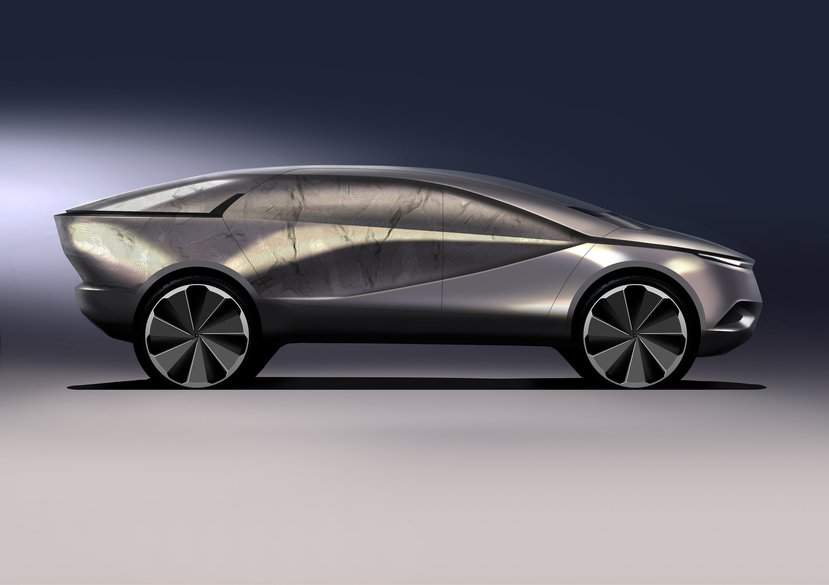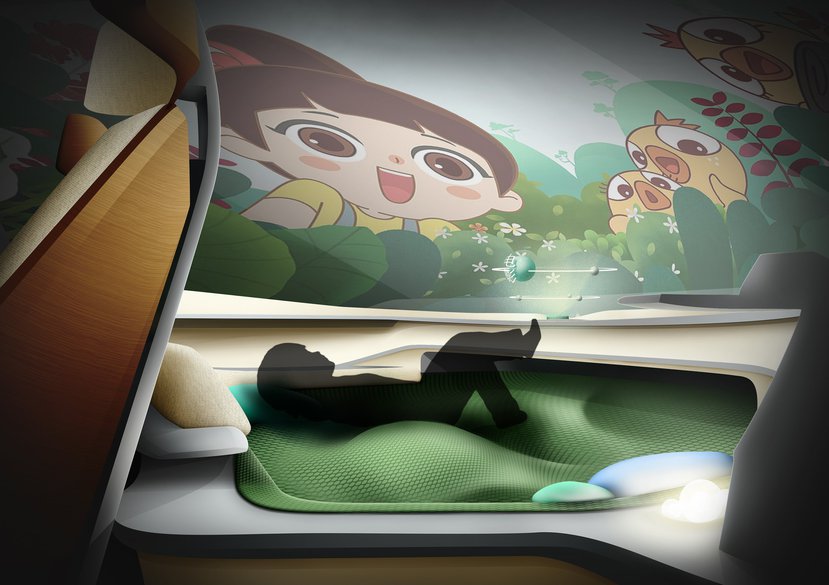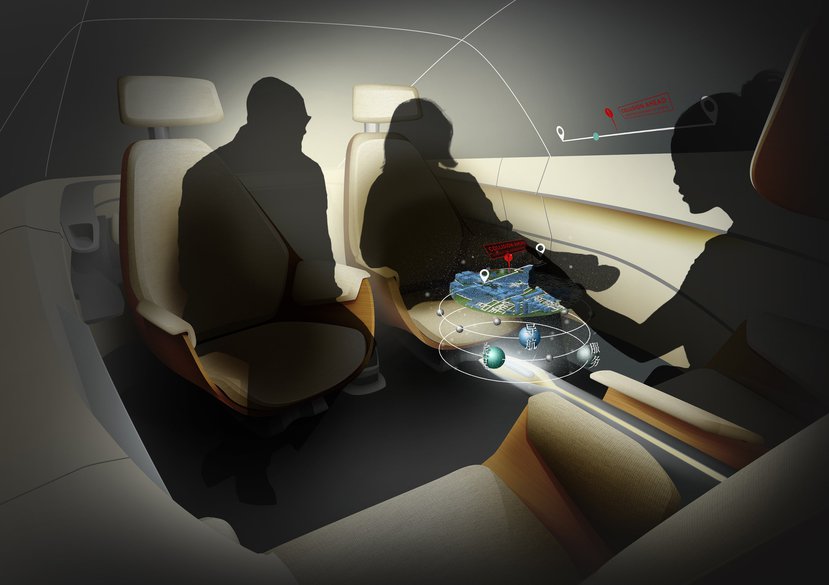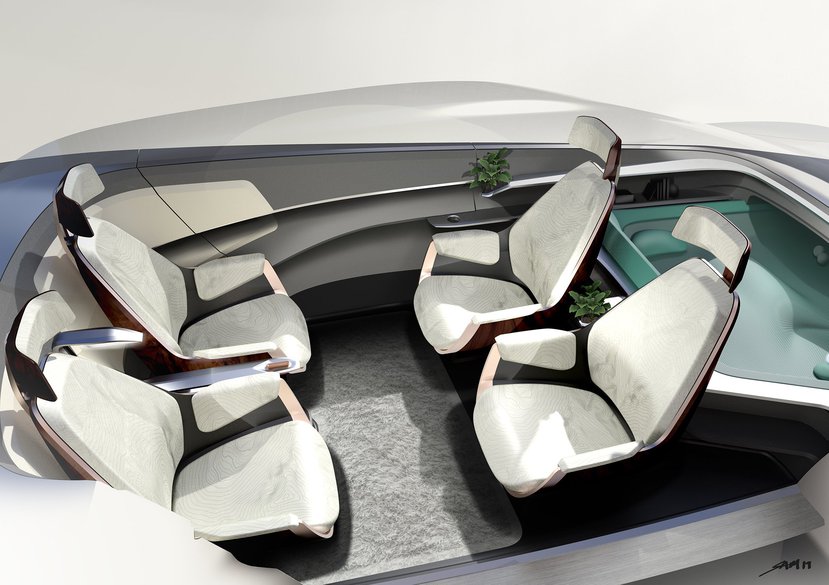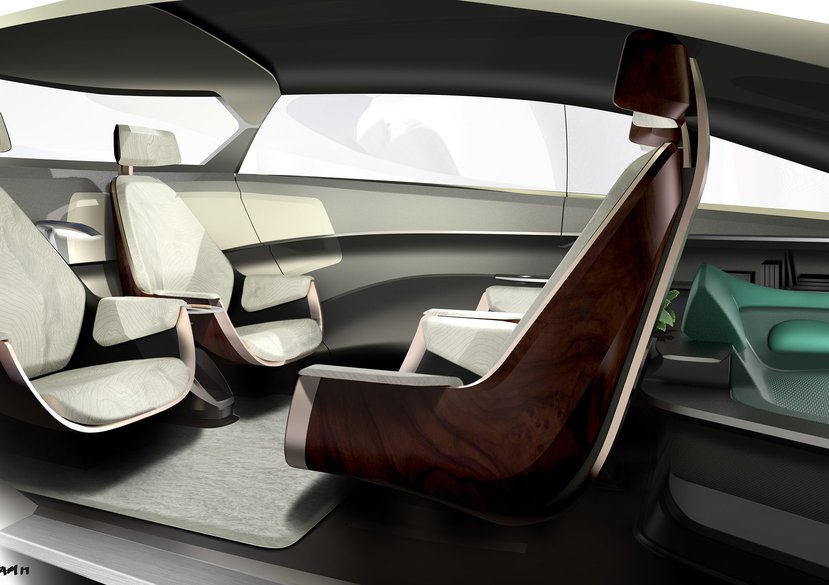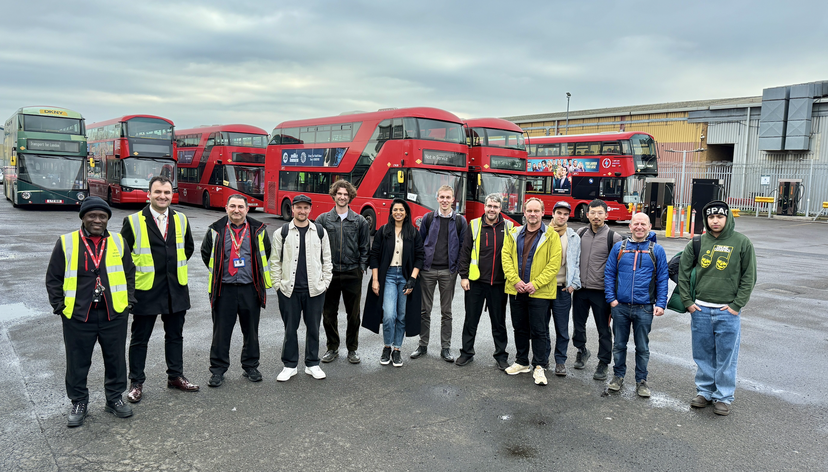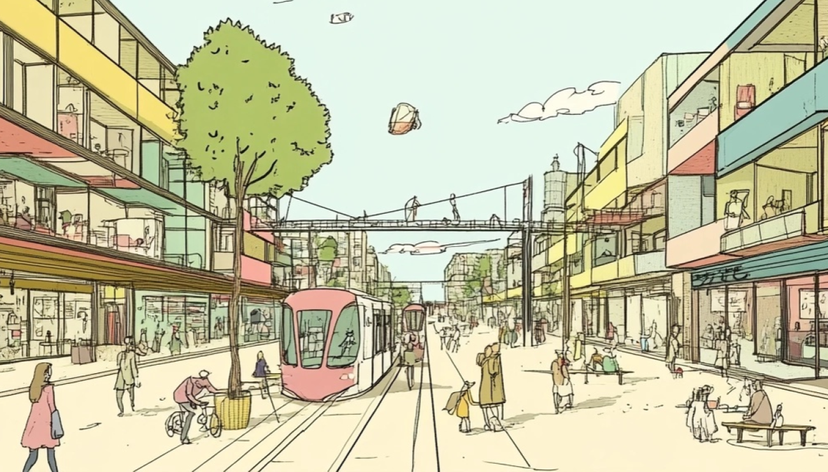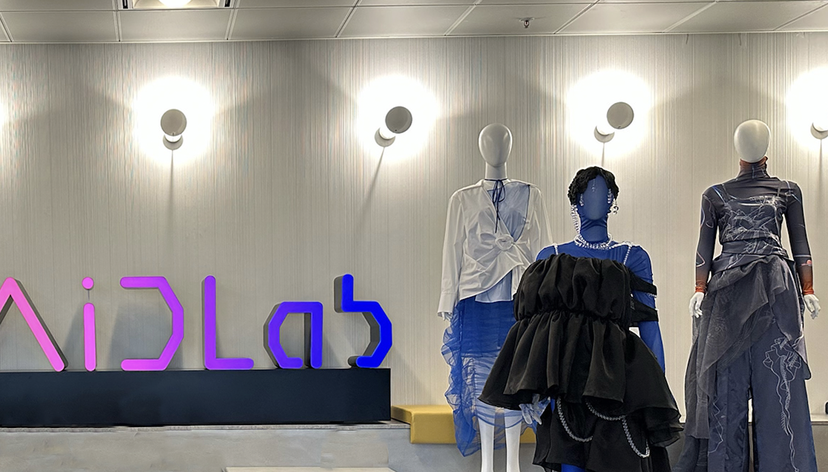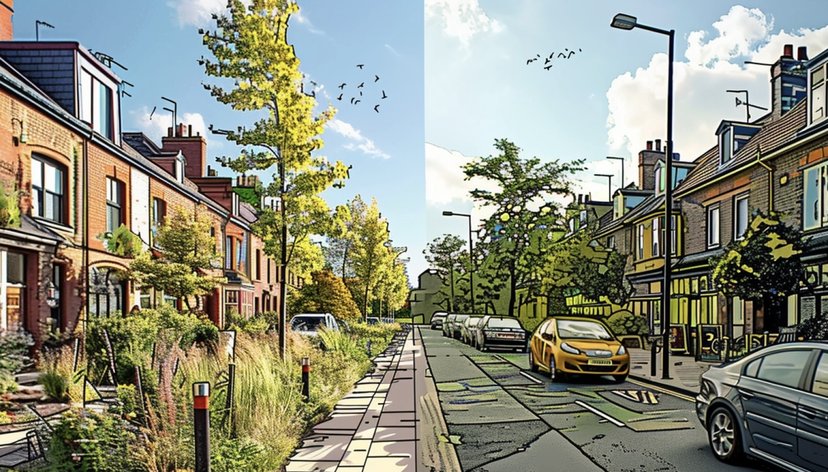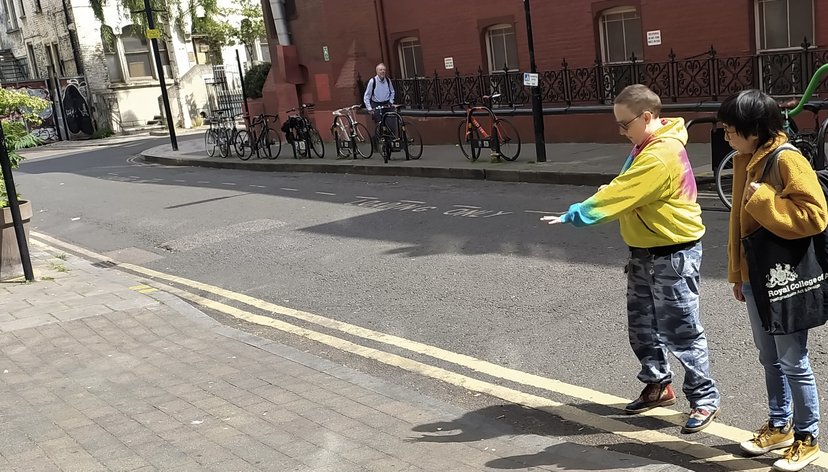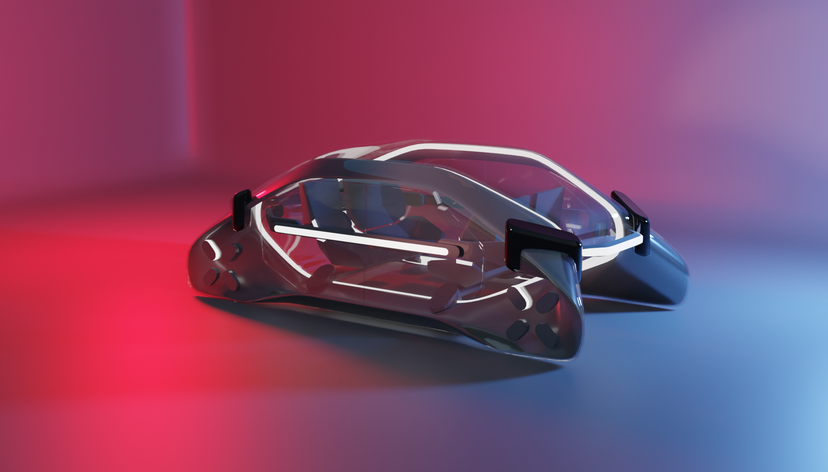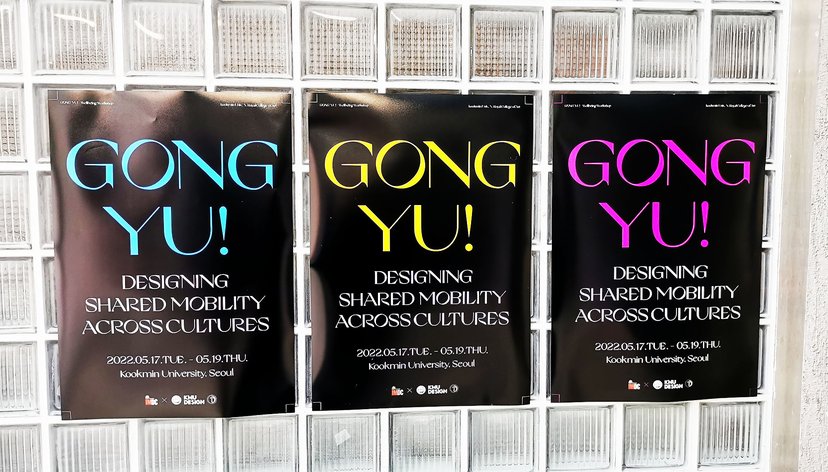
The project reimagined the Chinese family car in the light of ongoing transitions in the automotive industry including automation, Artificial intelligence and electrification.
At a glance
- The design research acknowledges the need for developing solutions for private vehicles which will make the transition to a more sustainable and inclusive future of mobility.
- The Prisms project presents a novel ownership concept linking the physicality of a car key to AI and data, a key for 21st century mobility.
- A design output of an Exemplar resulted from observing people, and from envisaging how they would make better use of a vehicle’s interior as a family group.
- The concept presented a lower profile family vehicle incorporating aerodynamic considerations creating a more sustainable and friendly Evolution of the SUV, the E-SUV.
Key details
Gallery
More information
The challenge
Invented in Europe, grown in America, at present the car finds its most prominent market in Asia, with China mainly looking into producing and designing for its own market. What are the cultural, social and aesthetic considerations needed for Chinese brands to develop a distinctive home-grown design language, and what vehicle typologies will appropriately appeal to the local populations?
Our approach
Ethnographic studies in Shanghai and Jiaxing enabled a first-hand experience of Chinese mobility, people and places while subsequent workshops with Chinese automotive designers allowed us to explore their perspectives.
Informed by our findings, the Design Experimentation phase resulted in three possible future themes, investigating trust and intuition, relationships and well-being, and perception and experience.
The following Analysis phase included a vehicle aesthetics and typologies taxonomy as well as trend analysis of concept cars to identify white spaces and the alignment to the findings of previous research stages.
The Synthesis phase brought the findings together creating an Exemplar design brief, which culminated in the development of the exterior, interior and interface design of the vehicle and 3D printed model.
Outputs
The research produced a research report, private presentations and workshop sessions with the client OEM, as well as an Exemplar design proposal, with interior, HMI and exterior design developments in 2D and 3D.
